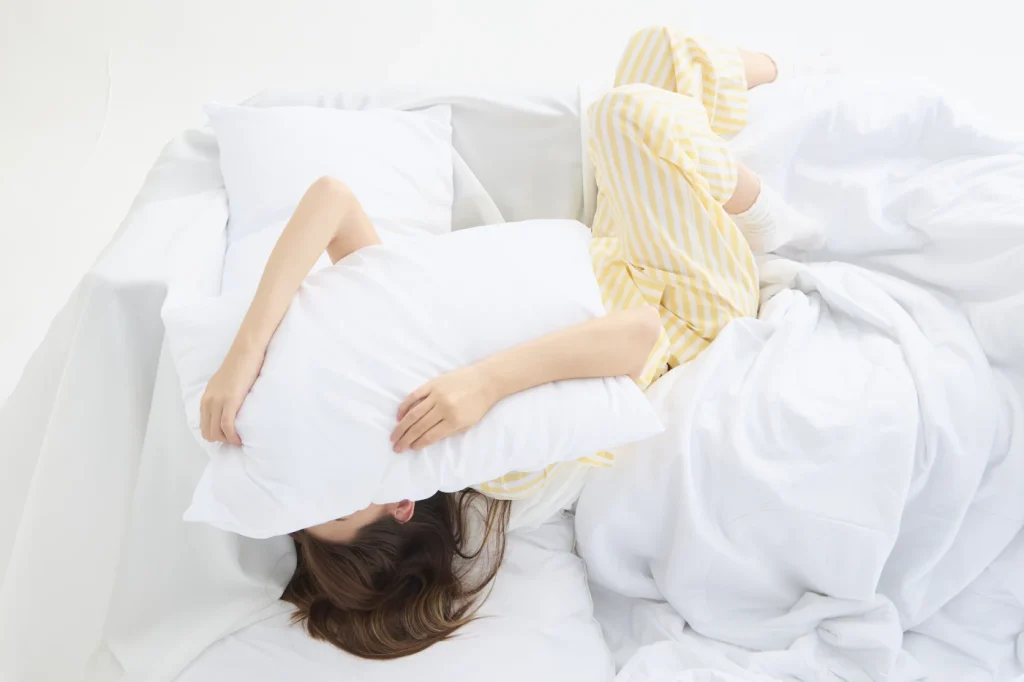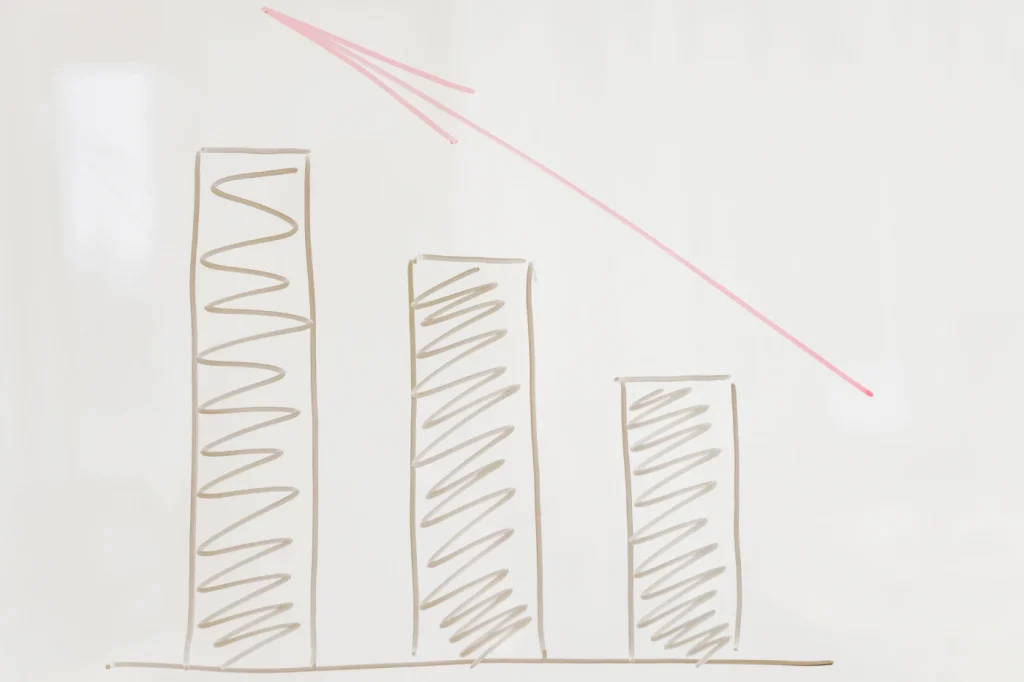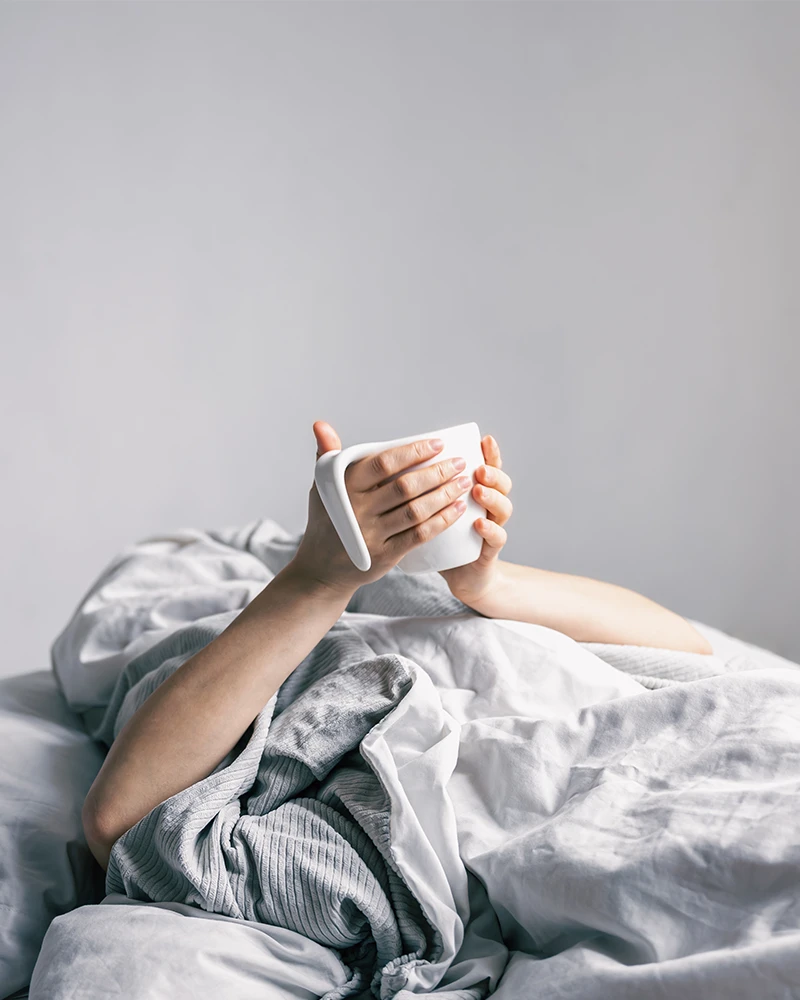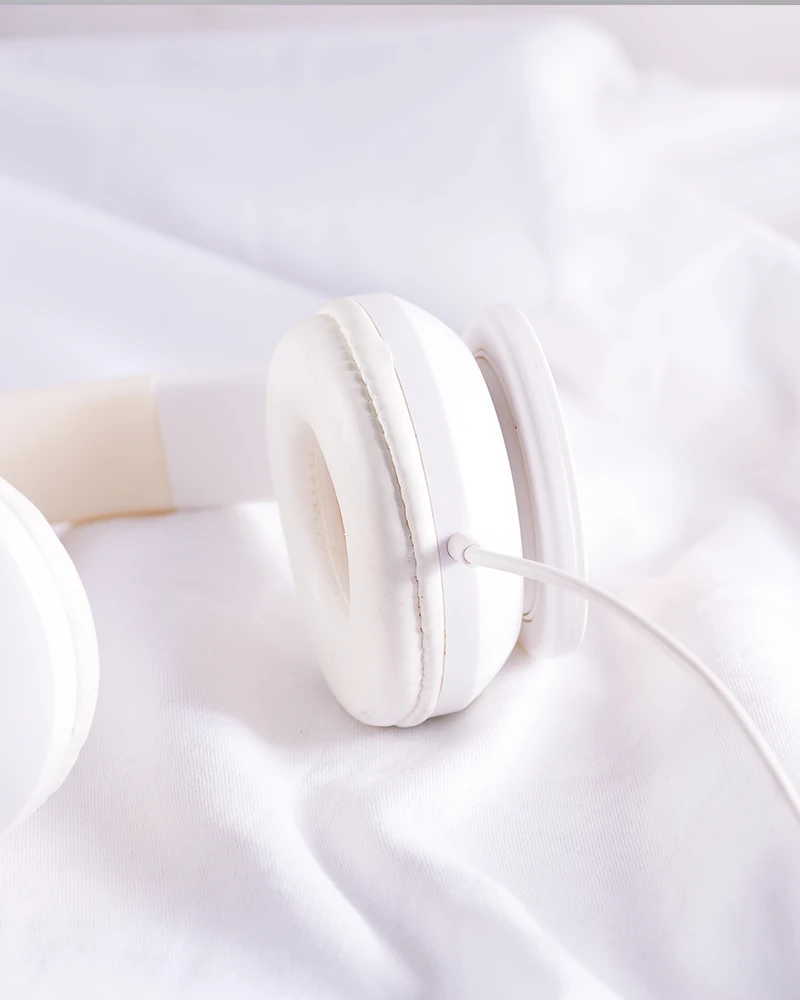Did you know that the average person spends approximately 26 years of their life sleeping? This is based on the fact that we spend about one-third of the day, or 8 hours, asleep. Multiply that by the average human lifespan of 80 years, and it adds up to 26 years of sleep. Since ancient Greek times, scientists have been trying to find out why humans need to spend so much time sleeping. While the exact reasons and functions of sleep remain unclear, what is known is that sleep is a special gift from nature, essential for all living beings.
Research into sleep physiology has shown that the body undergoes many different processes during sleep compared to when we are awake. This has led to various theories suggesting that nature has programmed humans to sleep for many important reasons, such as repairing the brain and body after daily use, conserving energy, adapting to the environment, and maintaining body temperature balance. There are also certain body functions that operate most efficiently or only occur during sleep, like the long-term memory consolidation system in the brain, which is located in the hippocampus. This system turns short-term memories into long-term ones, and this process primarily happens during sleep.
Moreover, several research studies have highlighted the importance of sleep in human life. SliptoSleep would like to briefly share some fascinating insights.
Sleep and Memory


An experiment with mice showed that those trained for 1 hour and then allowed to sleep had better learning and memory retention compared to those trained for 3 hours straight without rest.
Sleep and Athletic Performance
A Stanford study found that university football players who slept for 10 hours a night for 7–8 weeks saw significant improvements in speed and strength.
Sleep and Diabetes
Harvard research on healthy individuals found that when sleep was reduced, the body’s ability to produce glucose slowed down, which is a key risk factor for diabetes.
Sleep and Weight Loss


Weight loss studies revealed that people who slept enough tended to lose more body fat, while those who didn’t get enough sleep mainly lost muscle mass instead of fat. People who slept only 5 hours a day had a 73% higher chance of becoming obese compared to those who slept 7–9 hours a day.
Sleep and the Global Economy
Research from RAND Europe revealed that sleep deprivation causes significant economic damage, with the U.S. losing $411 billion, Japan $138 billion, and Germany and the UK around $50–60 billion each. This chronic sleep deprivation impacts job performance, decision-making, and creativity.
It seems clear that sleep is crucial to nearly every aspect of human life. This likely explains why people spend so much of their lives—26 years, to be exact—asleep. If we don’t get enough sleep, the consequences can be severe. That’s why SliptoSleep is here to support everyone in getting enough rest each day, so you can wake up refreshed and ready to live life to the fullest.











